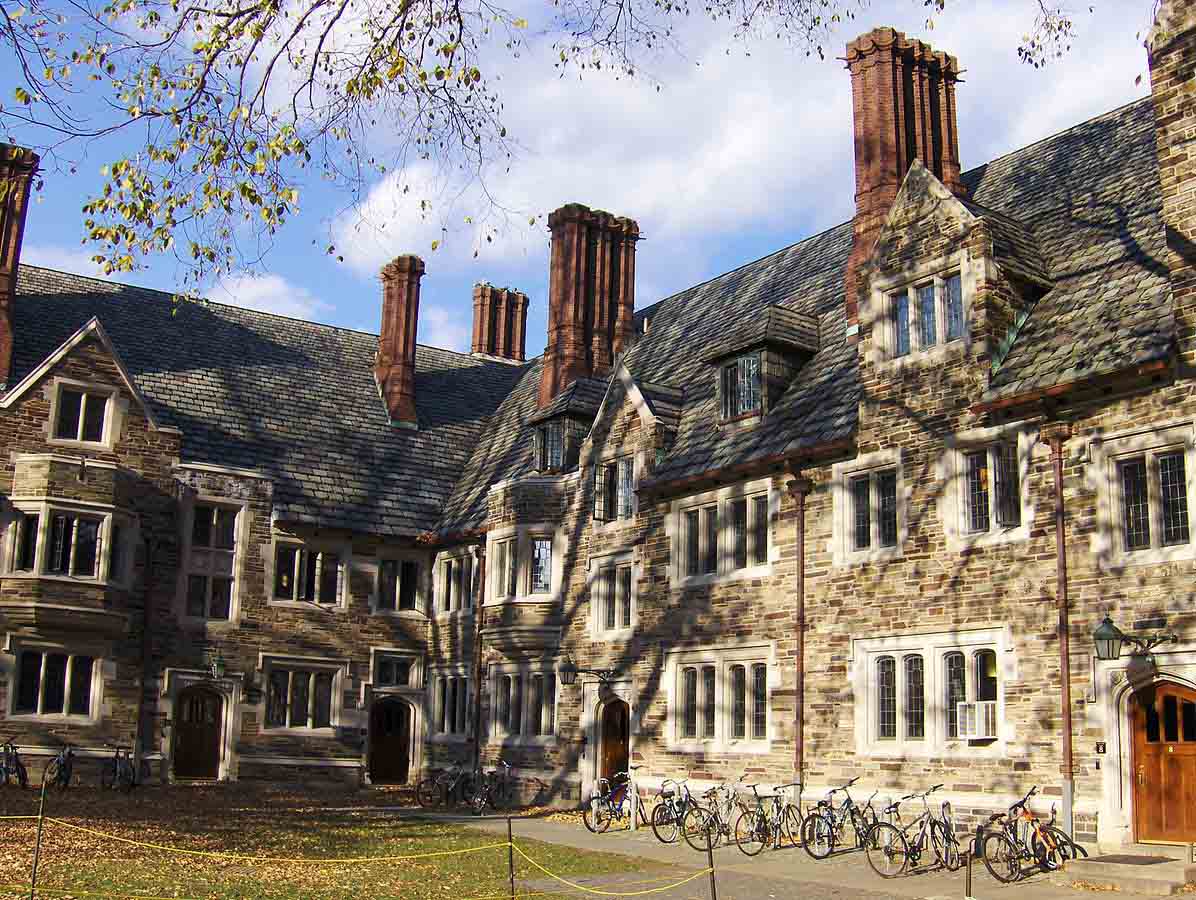
Wikimedia Commons
Deborah Berke, the Dean of the Yale School of Architecture, and her firm partner Maitland Jones ARC ’92 will design Princeton University’s seventh and eighth residential colleges.
Following a two-stage selection process, Princeton announced in a Feb. 8 press release that Berke and Jones — who completed his undergraduate degree at Princeton in 1987 — will lead the project to build the two new colleges. One of the colleges will accommodate a proposed increase of 125 students per graduating class, while the other will be used as swing space during the renovation of existing dormitories and may eventually support another student body expansion. The project is a key component of Princeton’s 10-year campus plan, which prioritizes an increase in the size of the undergraduate population.
“We as architects really enjoy working for mission-driven institutions that are undergoing a measure of self-reflection and self-examination,” Jones told the News. “It’s exciting to see Princeton embark on this ambitious project.”
Princeton University Architect Ron McCoy did not respond to request for comment.
According to the press release, McCoy said Princeton was looking for “an architect who has a deep understanding of the university’s goal to create an engaged and inviting community.” Deborah Berke Partners has more than 30 years of experience and has completed projects for the Yale School of Art and the Rockefeller Arts Center at SUNY Fredonia.
Jones said that design plans for the new colleges remain very much up in the air, though the new residential colleges are likely to include a dining hall and common spaces intended to attract students from across campus. The colleges are also expected to have unique facilities to distinguish themselves from other dormitories, according to Jones, though it is not yet clear what those facilities will be.
The team of architects will now embark on what Jones called “a five-month programming and concept design phase,” which will include meeting with university administrators, faculty and students. In so doing, Jones said, he hopes to assess the role of a residential college in the 21st century.
Berke told the News that her goal is to design “something exquisitely perfect for Princeton University.”
She also described Yale as a “wonderful resource” for Princeton, as the architects can consider the design of Yale’s two new residential colleges, Benjamin Franklin and Pauli Murray Colleges, when planning out Princeton’s own. She emphasized, however, that she appreciates the differences between the two schools and that the design process will account for those differences.
Jones arrived at Princeton just as the university began to implement its residential college system. Currently, students at Princeton are required to live in the residential colleges for their first two years but can choose to move into individual dormitories outside the residential colleges at the end of their sophomore years.
“Mine was the first class to go through the two-year colleges,” Jones said. “It’s exciting to see this long, deliberate residential college plan come to fruition.”
Eric Guerci and William Randall, both first-year students at Princeton, welcome the construction of the two new colleges. They said the new dorms will provide an opportunity to make the student body more diverse and inclusive. But they also noted that the construction process would require the relocation of the softball and tennis facilities, which may be inconvenient for several teams.
“For some, the university may feel small at times,” Randall said. “Expanding the size of the student population is both exciting and refreshing.”
The new residential colleges are slated for completion within the next five years, but the construction timeline will ultimately depend on the length of the project’s fundraising campaign.
Princeton implemented its residential college system in 1979.
Lorenzo Arvanitis | lorenzo.arvanitis@yale.edu







